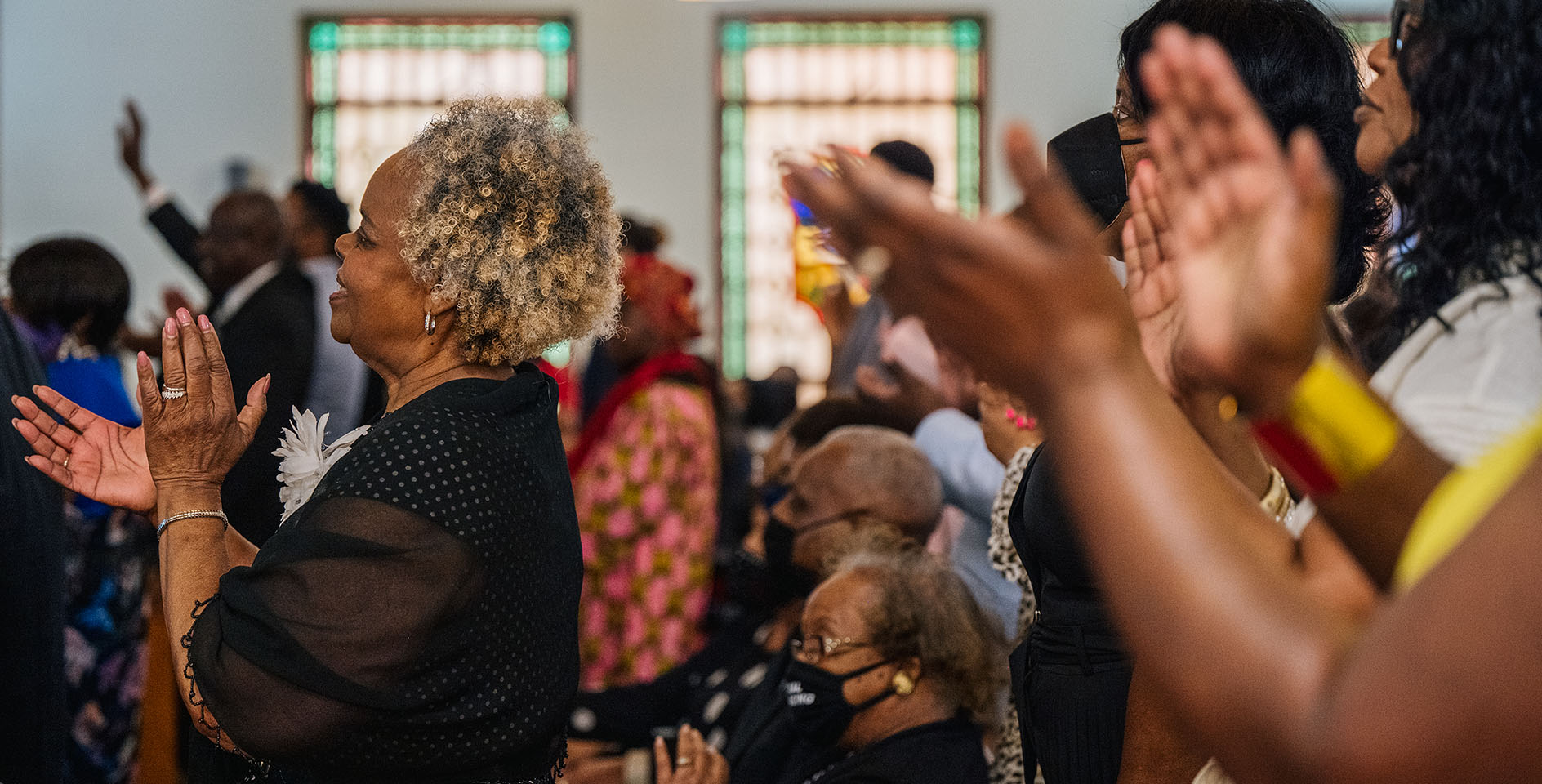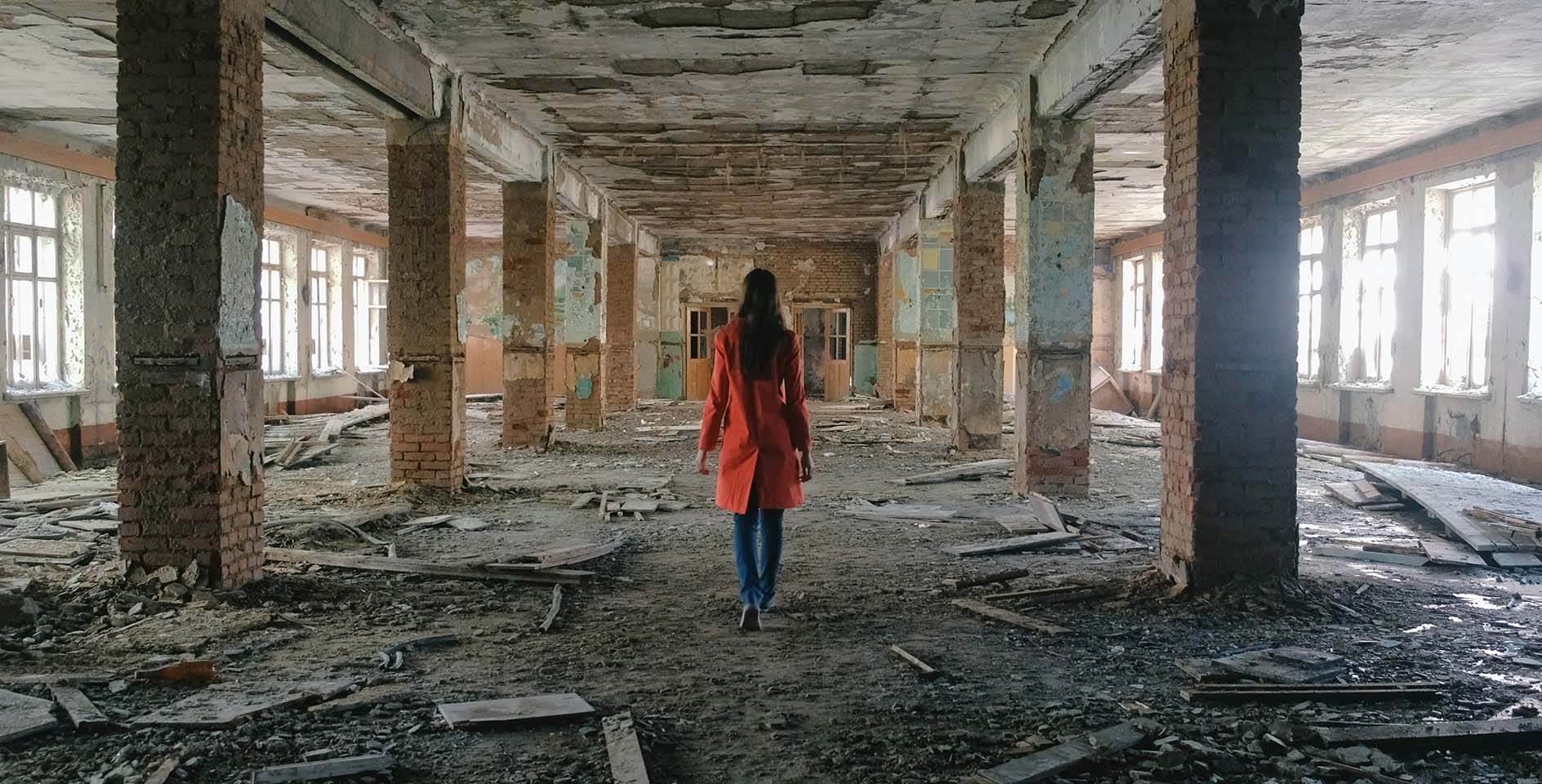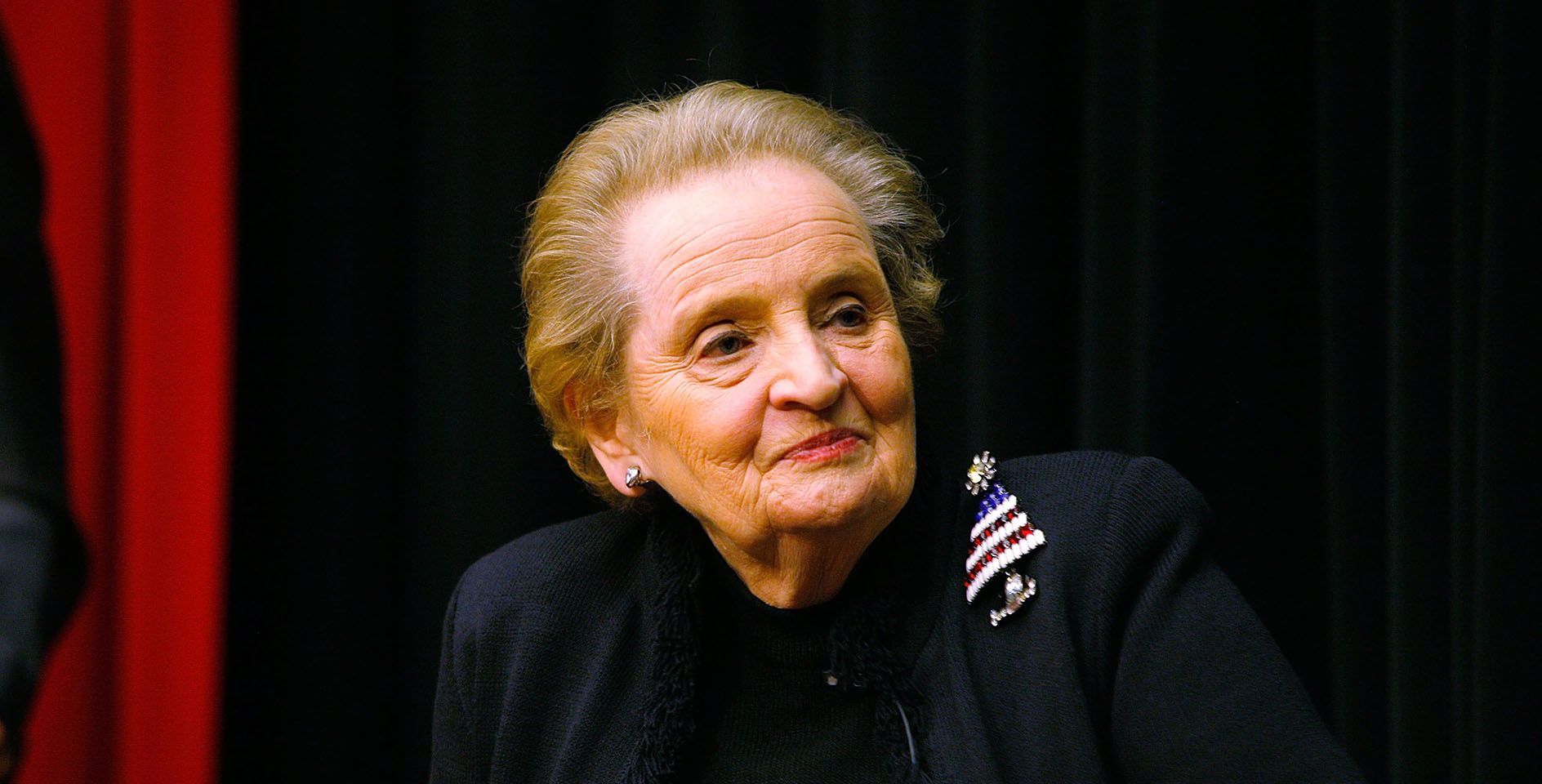For Rachelle Starr, caring for women and girls impacted by the sex industry is not a passion as much as it is a calling. Since founding Scarlet Hope, she has seen hundreds of women leave Louisville, Kentucky’s pervasive sex industry.[1] This is what can happen when you take a risk and start serving people that many would rather avoid than love.
On a weekly basis, Rachelle and company go to where those most vulnerable are in their community: the strip clubs. Armed with a home-cooked meal and the desire to have a conversation, Scarlet Hope helps women locally and nationally transition from the adult entertainment industry by offering them transitional living, career counseling, housing, mentoring, transportation, and drug rehabilitation.
Preparing to die
But to really understand Rachelle’s mission, we need to go back to the beginning. As a toddler, she began to feel slight paralysis in her hands and her feet. Overtime, this paralysis affected her entire body. Apparently Rachelle had an autoimmune disease, for which there was no cure. The doctors were at a loss. By age eight, the medical professionals began preparing her parents for the worst. “This is looking really bad. She is definitely not going to make it,” the doctor explained. At this point, they ceased giving her medication to treat her disease.
Having exhausted all other options, her father brought her before the elders of the church that he pastored. Taking their cue from James 5:14, they anointed Rachelle with oil and prayed feverishly for her healing. If the doctors were unable to find a cure, maybe, just maybe, the Great Physician could fix what was wrong in her body. “So they prayed over me,” she explains, “and . . . over six months, I started regaining strength in my limbs, my feet, my hands.”
Six months later, during a routine follow-up, the doctors appeared perplexed. “I don’t know if we have the wrong results, but your disease is gone.” Her parents couldn’t believe what they were hearing. With tears of joy streaming down their faces, they knew that God alone had healed their daughter. Just to be on the safe side, the doctor kept her in the hospital for another week of observation. By this point, there was no missing this miracle—it was as if the disease had never been there.
As you might have guessed, Rachelle spent much of her early childhood pondering heaven and the afterlife. At the mercy of her doctors, her prescriptions, and her parents, she learned very early on that she was not in control of anything. “I knew better than probably any of my friends at that age that if I died, I wanted to be with Jesus, and so I repented and gave my life to the Lord and then it was within that year that the Lord healed me.”
The lessons learned from her childhood have never left her. Having experienced the healing and the love of God at an early age, she knew that she wanted to help people know that God loves them and is able to heal them regardless of what they have gone through. Her experience of vulnerability shaped her into the woman she would become. It would lead her to Theater X.
The birth of Scarlet Hope
In 2006, an ambitious 21-year-old Rachelle moved to Louisville. Living directly across the Ohio River in Indiana, she quickly became used to her interstate commute. Each day she drove across the bridge into the Derby City to work. Describing this period of her life as a season of “holy discontentment,” she became increasingly aware that this marketing position was not a long-term fit. Though her job was fine by all accounts, she felt that she was unable to use the gifts and calling God had placed on her life at an early age. There had to be something else out there for her.
Praying and fasting for God to direct her to those in need of him, she asked God to “send me to those that you want me to serve!” She didn’t care if God sent her overseas or across the street, she simply wanted to be able to share God’s love with vulnerable people. That’s when God opened her eyes to what was happening along her daily commute.
About a year later, on her daily commute, Rachelle noticed Theater X, an adult entertainment establishment. Growing up as a pastor’s kid, she had no real frame of reference for strip clubs or the commercial sex industry, but as she drove past Theater X, she says “it was like God just whiplashed me and took . . . my gaze straight to that building and he started impressing upon my heart to pray for them, the women in that place.”
Like in the parable of the Good Samaritan, God showed Rachelle the vulnerable people who were in her path. Now she couldn’t continue to drive past them without doing something. So as she started praying for them, she sensed God very clearly communicating to her, “Go and share my love and hope with women in the sex industry.” She knew without a shadow of a doubt it was from the Lord. So, picking up the phone, she called her husband. She told him she knew God was calling her to go to women in the sex industry. Waiting for her to finish her sentence, her husband calmly replied, “That’s exactly what Jesus would do.” This was further confirmation that she was on the right track.
Beginning that week, she took another step and started researching the sex industry in Louisville. At this point she had little to no knowledge of human trafficking or sexual exploitation. Much to her surprise, she learned that in 2007, Louisville had the fifth largest sex industry per capita in the United States.
This statistic was mind boggling. She couldn’t understand why there could be so much exploitation in a city with such a proliferation of churches. So she started calling churches and introducing herself. “Hi, my name is Rachelle and I’m calling to see if you have an outreach ministry to women in the sex industry.” The responses that she received were sobering. Many people would say, “No.” And those were the nice people. Others would not even give her an answer. Still others said something to the effect of “we have a sign in our yard and if people like that want to come, they’re more than welcome, but we don’t go to them.”
How could these people going to church not want to engage with those working in strip clubs? This happens because in many cases, we see people not as vulnerable image-bearers in need of love, but as miscreants. I know, because I was just like them.
The first time that I heard about Scarlet Hope was in 2010. I’ll never forget receiving a phone call from my friend Cait one Saturday morning. Cait wasted no time in getting to her point.
“Raleigh, I am considering volunteering with this organization called Scarlet Hope. They work with girls in strip clubs.”
“Umm. What?”
“Yes, it’s this dynamic ministry that addresses the holistic needs of women trapped in the sex industry.”
“Yeah?”
“Yeah, what are your thoughts?”
“Honestly, Cait. I think it’s a bad idea. I don’t think that God would ever call you to do something like that. Also, those women probably make more money than you. They don’t need your home- cooking or your charity.”
As a Christian, I found it preposterous to even consider doing a ministry of that nature. Like I said, this was 2010. A little more than a year later, I found myself repenting at the Passion conference in Atlanta. Shortly after God opened my eyes to the evil of human trafficking, I called Cait and apologized. Seven years later, I would have the opportunity to apologize to Rachelle, as well. Without knowing it, I was standing in the way of God using His people to love these often forgotten women.
Stop praying
Though she had noble intentions, Rachelle was repeatedly rejected by the churches that she called. Finally, she decided if no one else was doing anything, that she could at least start praying. Dragging her friend along with her, she began praying outside of several strip clubs. She mapped out as many clubs as she could find. As she prayed, she continued to reach out to the churches of her community. The answer was still a resounding “no.” No matter how much she prayed, it was like the church just wasn’t getting behind her vision.
That all began to change on a summer Sunday in August of 2008. As she read the first chapter of Francis Chan’s book, Crazy Love, she froze. The first two words on the page hit her like a brick: Stop praying.[2] It was as if God was inviting her to stop praying for a moment and to do something about the brokenness what she was discovering in her community. “Okay, Rachelle, I’ve already asked you to go. I’ve already told you. You don’t need all the pieces of the puzzle. I just want you to go.” And that’s what she and her friend did. Fasting for three days, they decided that Tuesday night would be the night when they entered into a club.
And that’s how the ministry of Scarlet Hope began. Without a business plan and depending on God for each step, Rachelle watched as Scarlet Hope grew from an idea to thriving nonprofit, mobilizing Christians to leave the protection of their comfort zones and to find God working in each strip club.
“God calls us to go into the darkness,” Rachelle explains. “When we see Jesus interacting with people, he’s coming into our darkness with His light.” That’s the point. Like Jesus, Rachelle and those at Scarlet Hope aren’t going to sit around waiting for women to find them; they are actively reaching women in the sex industry and showing up right where these women are. Whether these women are on the street, in illicit massage parlors, or in strip clubs, Rachelle believes that Christians can enter into the darkness to show them God’s light.
“We knew that in order for these women to hear the gospel, we had to go to them,” she said. “The church sometimes has a tendency to give off a message that first people must ‘clean up their acts’ and then they’re ready to come to the Lord. But of course, this is actually the opposite of the message of the gospel. The gospel meets us right where we are, in the midst of our sin and calls us to our loving Savior.”[3]
This radical grace drives Scarlet Hope to serve the people that many would write off as perpetrators. Empowering women through their discipleship program, job training program, and their social enterprise, Scarlet’s Bakery, they direct each of their clients to their true value and dignity. Reminding each individual that they are more than the sum of what they have done or what’s been done to them.
Excerpted with permission from Vulnerable by Raleigh Sadler. Copyright 2019, B&H Publishing Group.










